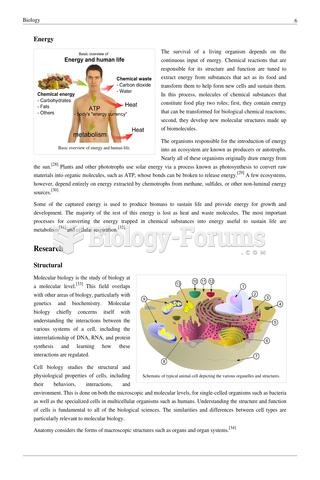Answer to Question 1
Possible new sources of energy are nuclear energy, fracking, solar energy, wind power, bio fuel, hybrid cars, and hydrogen-powered cars.
Nuclear Energy: It is a potential solution to the energy shortage, but concerns over the safety of nuclear power plants have slowed construction of them. In March 1979, a near-disaster at the nuclear plant at Three Mile Island in Pennsylvania increased these concerns. Radioactive steam escaped, and there was a danger of a meltdown that probably would have killed many people in the area from lethal overdoses of radiation. The April 1986 explosion in Chernobyl was a much more serious accident; tens of thousands of inhabitants were exposed to radioactivity and face the threat of a shortened life span. In 2011, a massive earthquake and resulting tsunami caused a nuclear plant in Japan to have meltdowns. Such accidents emphasize that safety in any nuclear power plant cannot be taken for granted. Nuclear energy out of control has the potential for large-scale disaster. A major question is whether future development of nuclear energy is worth the risks.
Fracking: Geologists have known for years that shale formations in the earth hold vast deposits of natural gas and petroleum. The natural gas and petroleum in these formations was not thought to be recoverable until recently. Today, through a combination of hydraulic fracking and horizontal drilling, energy companies are producing natural gas and petroleum from these formations. Hydraulic fracking is the process of creating fissures in underground formations to allow natural gas and petroleum to flow. During fracking, water and sand and other additives are pumped under high pressure into the shale formation to create fractures. The sand is used to prop open the newly created fractures, which allows the natural gas and petroleum to flow into the wellbore and up to the surface. The potential supply of natural gas and petroleum is extensive; it is estimated that the United States has a 600-year-supply of natural gas and petroleum from fracking. Fracking is currently occurring extensively in North Dakota in the United States; fracking is also occurring in a number of other states in the United States. Environmental concerns about fracking include contamination of ground water, risks to air quality, the potential migration of gases and hydraulic fracturing of chemicals into the air, and the potential mishandling of waste products. Potential environmental risks may have adverse health effects, such as an increase in rates of cancer.
Answer to Question 2
c







